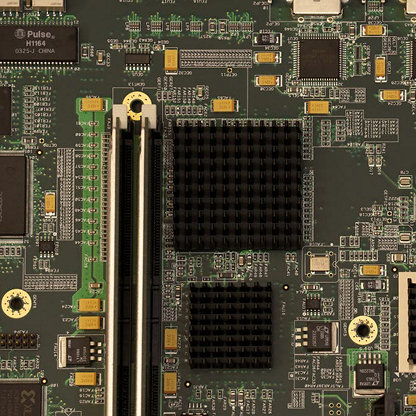With the launch of the Dubai Blockchain Strategy, in collaboration with the Smart Dubai Office and Dubai Future Foundation, Dubai has not only recognised the advantages of the technology but identified the potential for AED 5.5billion (US$ 1.5billion) of annual savings in document processing costs.
A recent report from the world’s largest research store, Research and Markets, indicates that construction in the UAE will grow significantly over the next five years. This raises several questions as to what extent blockchain can be utilized to support this growth. The report, titled ‘Construction in the UAE – Key Trends and Opportunities to 2023,’ states that new investment is expected in all major sectors and quotes several government initiatives already in place to underpin a promising outlook up to, during and beyond Expo 2020.
There is no doubt the construction industry is already looking at blockchain, but with few examples worldwide – let alone in the Middle East – to draw experience from, it would appear this conversation is only just beginning.
With blockchain promising greatly increased efficiencies and cost savings, it may be a little surprising that it hasn’t yet been adopted more widely. It would not be too unkind to say that one of the issues holding back the adoption of blockchain is a simple lack of awareness as to what it is.
Initial perceptions of blockchain are usually that it has something to do with cryptocurrency. While that would not be incorrect, it is more accurate to say that blockchain is the technology that allows cryptocurrency to function. In simple terms, blockchain is an incorruptible decentralized ledger that facilitates the storing and sharing of data. Even a basic understanding of how it functions brings exciting possibilities to light for the construction industry.

The possibilities involving blockchain are potentially endless for the construction industry - and Dubai are setting the pace
Generally, the advantages of blockchain within the construction industry centre around efficiencies in the speed of information sharing, accuracy and accountability, but it also creates an opportunity to improve cash flow through the adoption of smart contracts.
Blockchain enabled smart contracts, where each party agrees to share information and contractual obligations, are satisfied upon the successful processing of certain activities. This creates the opportunity to reduce time spent chasing payments, as well as delays associated with making payments relating to completed activities.
Within project financing, the release of funds drawn down from the loan facility could be dependent on completing key activities. When submitted to the chain, these activities trigger automatic payment direct to the intended recipient. While this does not replace the levels of certification needed during construction, it would assist with the certification process and subsequent release of payment to contractors and subcontractors, reducing unnecessary delays while increasing the confidence and cash flow of those working on the project.
Given an opportunity to mature, it is not inconceivable that smart contracts would attract more competitive pricing as elements of risk are no longer ‘priced-in’. The potential for cost savings in day-to-day construction management and the reduction of potential programme delays in this example alone could be considered as revolutionary.
“It would not be too unkind to say that one of the issues holding back the adoption of blockchain is a simple lack of awareness as to what it is.”
Advantages are not limited to the construction phase. The nature of blockchain in ensuring information provenance and allowing a multitude of contributors to create an accurate, up to date, building information database that details all the assets and equipment within the building would have significant advantages for handover management.
As-built drawings would be complimented by fully up-to-date asset registers that have been developed and reviewed during the construction process, resulting in an accurate, auditable list of assets. This would allow effective management of warranties, the defects liability period and planned preventative maintenance planning. When implemented as part of Building Information Modelling (BIM), which is only as effective as the quality of information that feeds it, asset managers will have a very powerful tool at their disposal, enabling effective maintenance regimes and mitigating risk of asset failures.
Globally, even in the most technologically advanced nations, use of blockchain in contracts and information sharing is still very limited. As with most new technologies, it finds itself in the early stages of adoption and constrained by the themes of unfamiliarity, confidence and trust. Within the Middle East, particularly where we find large scale projects with stakeholders located around the world, the confidence and trust in this technology is still developing. Issues of privacy and access to information within the blockchain will also need careful management to reinforce this trust.
The UAE has already indicated that it will forge ahead and adopt blockchain in many of its government functions. This bold approach might be the catalyst needed to encourage others, particularly those in the construction industry, to follow suit.



